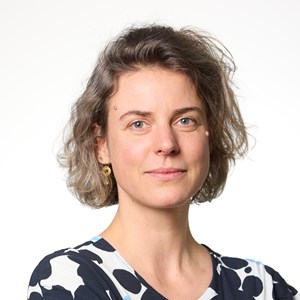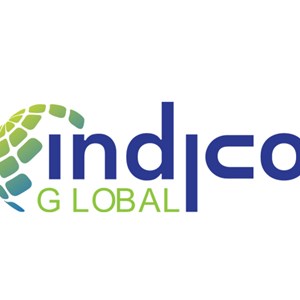The European Union counts on the publication of new standards on sustainable development, which will help implement its Green Deal.
On 8 June 2020, CEN and CENELEC organised a webinar on the contribution of standardization to the United Nations’ Sustainable Development Goals (SDGs). “The SDGs were adopted in 2015 by UN Member States. They aim at eliminating poverty, protecting our planet and ensuring to everyone, by 2030, peace and prosperity”, explains Andrea Nam, coordinator of the webinar and project manager responsible for the environment, sustainable development and energy at CEN and CENELEC. “We have ten years to achieve this. The success of this initiative will depend on all stakeholders: standardization will have an important role to play”, adds Andrea Nam.
Sustainable development consists of three pillars: economic development, social inclusion and the protection of the environment. There are 17 Sustainable Development Goals, divided into 169 more precise objectives. CEN and CENELEC, on their part, have identified five strategic priorities. One of them highlights their support to the SDGs. “CEN and CENELEC aim at providing support to the actors involved in standardization by offering them guides and examples of best practices. We will identify the topics which bring the most significant contributions to the SDGs”, says Andrea Nam. “The European Union counts on the publication of new standards on sustainable development, which will help implement its Green Deal”.
Sustainable cities
To illustrate the interest of such a process, CEN and CENELEC invited Jonas Frykman, president of the Swedish Commission for Sustainable Cities, as a speaker. “In Sweden, we are currently working on the project of national standard SS 854000, which will help cities and local communities implement the UN’s Sustainable Development Goals”, he explains. Should sustainable development be considered as a separate project in the local communities’ action? “No. We are talking about the DNA of these communities’ work and missions. In our country, 70% of local communities and regions have already taken decisions allowing them to align with the UN’s SDGs. Governmental agencies, many enterprises and associations are on the same path. SIS, the Swedish Standardization Institute, has been very active: the Sustainable Cities Commission has been established in 2013. It counts 24 members, which represent a large panel of stakeholders. This Commission represents Sweden in ISO/TC 268 ‘Sustainable cities and communities’ and, at the European level, in CEN/TC 465, on the same topic”, details Jonas Frykman. Standard SS85400 is intended for elected officials and local civil servants: “It is very flexible, in order to respond to varying conditions at the local level, but it is still too early to judge its impact. We have submitted our standardization project to some users in Sweden and in other Scandinavian countries. Now we need to take their remarks into account, because our objective is to start from this Swedish standard to develop a European standard (EN)”, explains Jonas Frykman. CEN/TC 465, established in January 2020 under French Secretariat, is chaired by German Holger Robrecht.
… and traceable cocoa
At the 8 June seminar, CEN and CENELEC also invited Jack Steijn, Director of consultancy firm Equipoise, based in Amsterdam. As Chair of CEN/TC 415 'Sustainable and Traceable Cocoa' he is interested in traceability and sustainability of cocoa. This market represents 5 million tonnes per year globally, i.e. four times less than coffee. The majority of production takes place in Western Africa. “The market is extremely fragmented. Ghana alone counts more than 100.000 producers, and some among them exploit less than an hectare”, details Mr Steijn. “Industry, on the contrary, is extremely concentrated with four or five companies representing 80% of global production”, he adds.
The concept of sustainable cocoa emerged at the start of the 21st Century. “After twenty years, the objectives have not yet been achieved. 40% of cocoa corresponds to the demands of sustainable market, which can be certified by private bodies. There are many labels: consumers can easily get lost among them. When we started working on standard EN ISO 34101, the objective was to clarify and harmonise those labels”, estimates Mr Steijn.
The standard series EN ISO 34101 ‘Sustainable and traceable cocoa’ approaches some issues highlighted by the United Nations, such as child labour, deforestation, gender equality and the environmental impact of production. The first and second parts of the standard concern the management and the environmental performances of cocoa production, while parts three and four are on traceability and audit. “Now we should lean on professional organisations that will work in support to the exploiters. The standard helps them improve their productivity”, argues Mr Steijn. “It reduces the risk of labour trafficking, it helps reduce the consumption of natural resources and the production activities are less exposed to the risks deriving by climate change. If you want to support the UN’s Sustainable Development Goals, you should eat more chocolate!”
This article is the translation and adaptation from the French original, published in issue 408/October 2020 of Enjeux, the magazine of AFNOR, with the title ‘Normalisation: quel impact sur le dévelopement durable?’.




